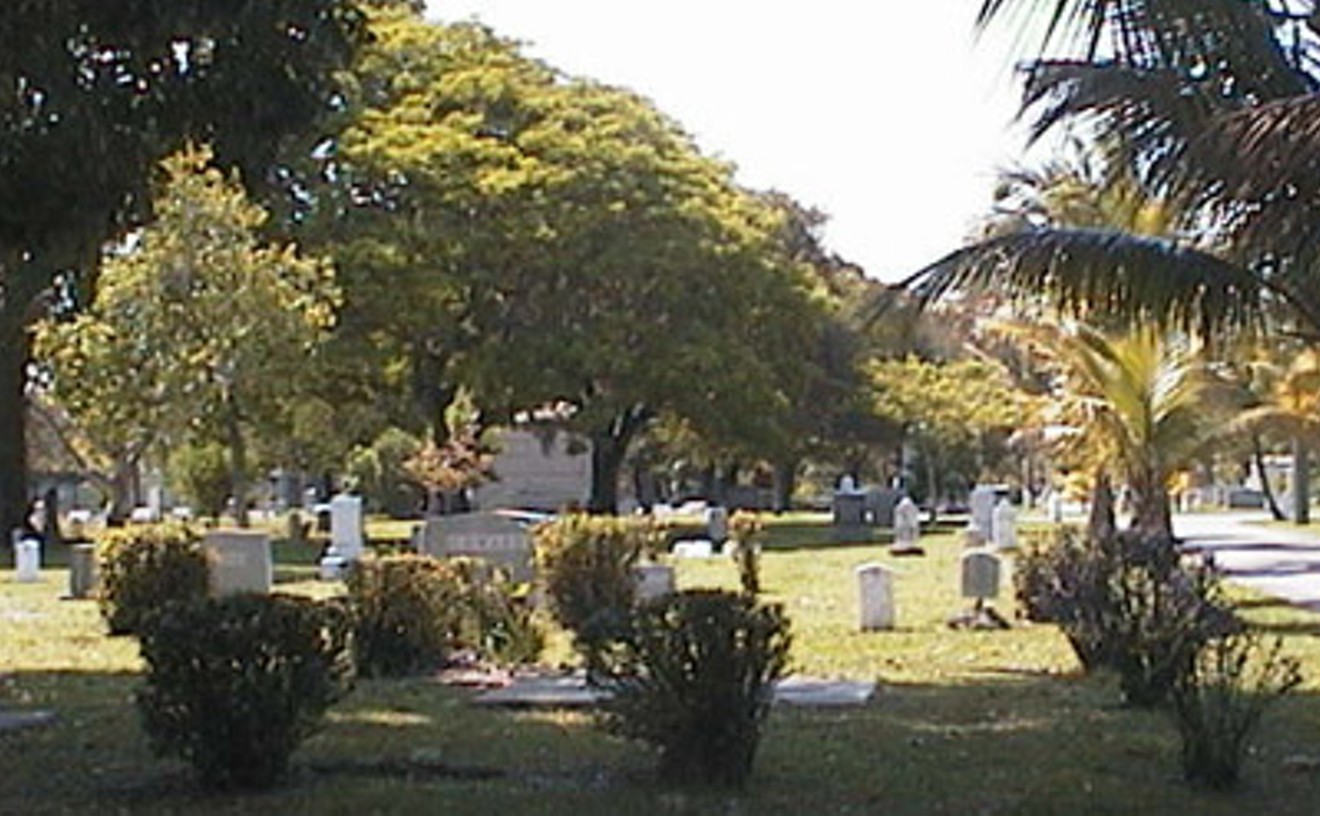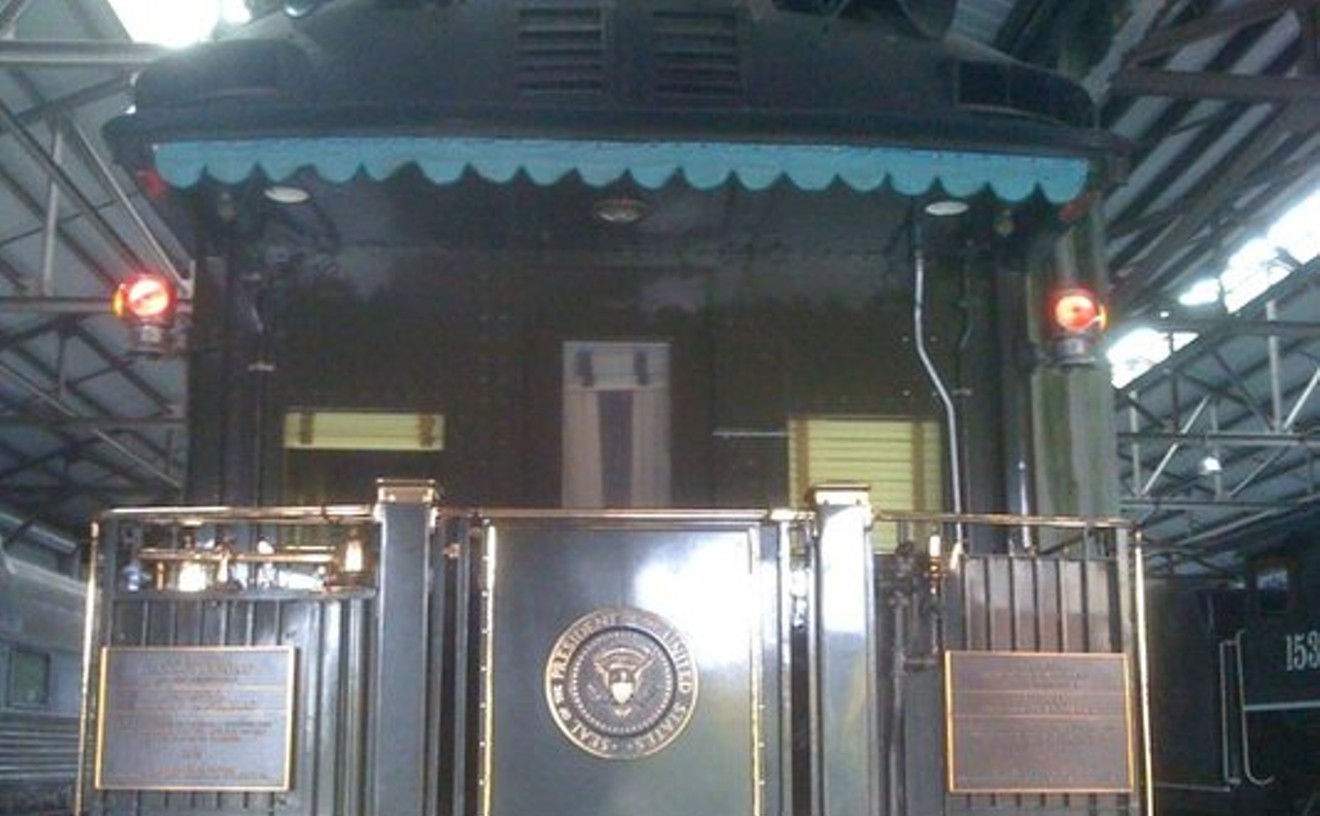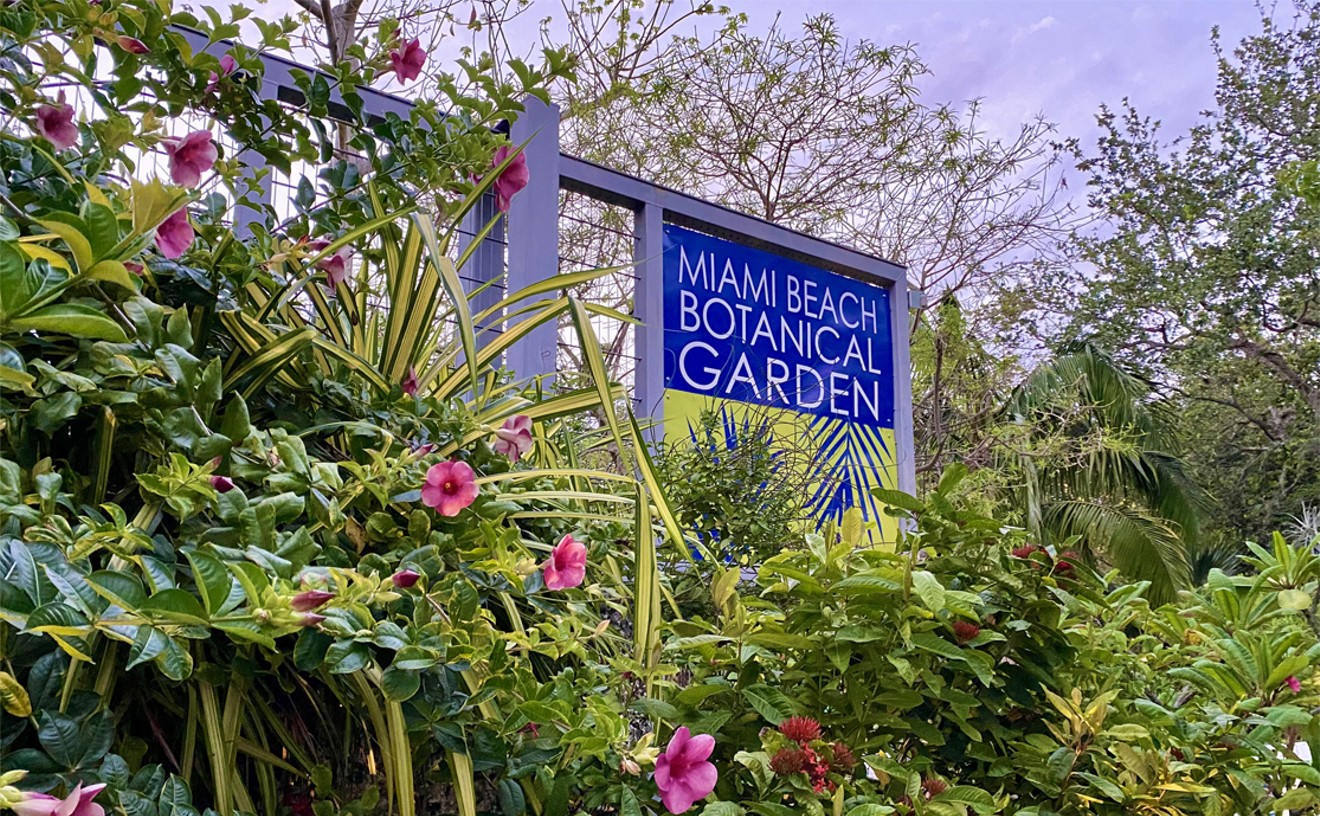
Masters of forms undefined,
Divine and unmatched.


Coral Castle
Gusman Center for the Performing Arts
Arlan Feiles
Arlan Feiles
Lantana Sunrise
Lantana Sunrise
The Goat or Who Is Sylvia?
Stop Kiss
Annie
The Chosen
Fortune's Fool
Biltmore Hotel
Biltmore Hotel
Crandon Park Golf Course
Crandon Park Golf Course
Coral Castle
Gusman Center for the Performing Arts
The Goat or Who Is Sylvia?
Stop Kiss
Annie
The Chosen
Fortune's Fool
Midnight Midtown Midway during Art Basel
Midnight Midtown Midway during Art Basel
Bible Way Prayer Mission
Bible Way Prayer Mission
September 3, 2003
September 3, 2003
Coral Castle
Gusman Center for the Performing Arts
Arlan Feiles
Arlan Feiles
Lantana Sunrise
Lantana Sunrise
The Goat or Who Is Sylvia?
Stop Kiss
Annie
The Chosen
Fortune's Fool
Biltmore Hotel
Biltmore Hotel
Crandon Park Golf Course
Crandon Park Golf Course
Coral Castle
Gusman Center for the Performing Arts
The Goat or Who Is Sylvia?
Stop Kiss
Annie
The Chosen
Fortune's Fool
Midnight Midtown Midway during Art Basel
Midnight Midtown Midway during Art Basel
Bible Way Prayer Mission
Bible Way Prayer Mission
September 3, 2003
September 3, 2003
